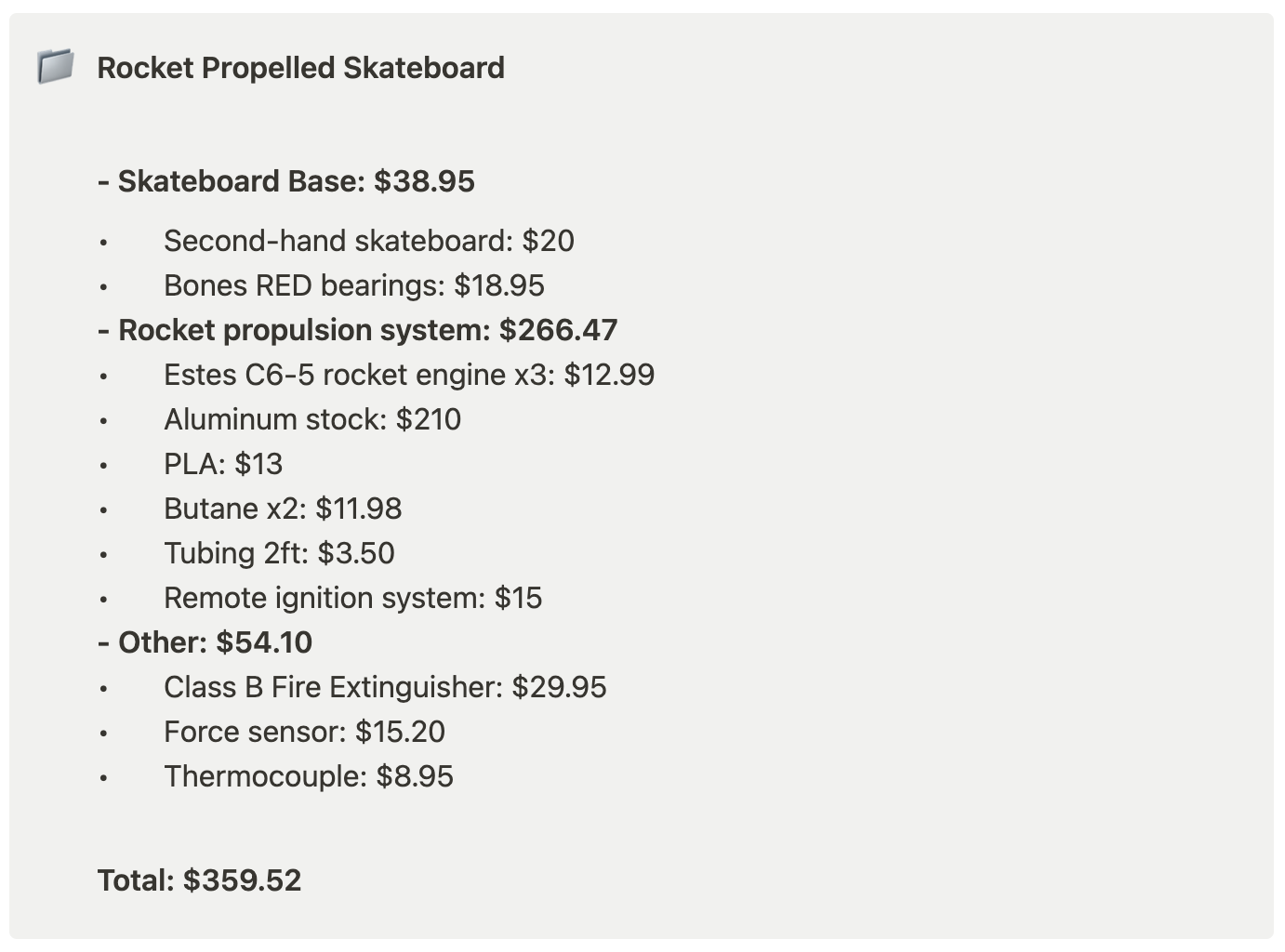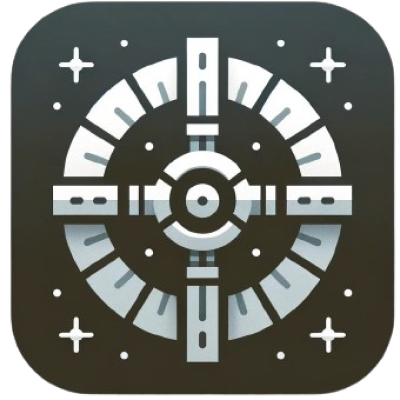How to Write a Winning Microgrant Application
A comprehensive guide to crafting successful microgrant applications with proven strategies and tips.
Microgrants are small-scale funding opportunities, typically ranging from a few hundred to a few thousand dollars, designed to help people explore promising projects or ideas. Unlike traditional grants, these programs often have simpler applications, faster turnaround times, and focus more on potential and passion than track record. This guide will walk you through the key elements of a successful microgrant application: crafting an application, creating budget, and nailing the interview.
Applying and interviewing for a grant or fellowship program can feel intimidating, but here's a secret: grant reviewers are rooting for you. Getting microgrant funding isn't about being perfect — it's about having a mix of passion, preparation, and authentic communication.
The Application: Try to keep it real
Forget everything you learned about writing college application essays. The most successful grant applications aren't polished academic papers — they're genuine expressions of how stoked you are to be working on your project. What matters most is showing that you:
- Are working on something genuinely compelling (or at least relevant to the program)
- Know what you're talking about, down to the details
- Are genuinely excited about your project
Pro tip: Consider including a short Loom video with your application. Even if it's not explicitly requested, a 2-3 minute Loom video can give reviewers a quick preview of both you and your project.
Kai, who's reviewed hundreds of Merge Grant applications, shared a surprising insight:
It was written like a text to a friend, there was so much energy behind it, and it was clear that the applicant was passionate.
The Budget: Details matter
Some programs, like Emergent Ventures and Merge Grants, don't have a fixed check-size and require you to submit a project-specific budget. Your budget section is more revealing than you might think. It's not just about numbers — it's a window into how thoroughly you've thought through your project.
Here are they key do's and don'ts:
Do:
- Include itemized, researched costs
- Break down expenses into clear, understandable sections
- Focus on essential items that are needs rather than wants
Don't:
- Leave out actual numbers
- Include unnecessary luxuries (no, you probably don't need Canva Pro)

Pro tip: Being scrappy and conservative with your budget is a green flag for reviewers. They often prefer to see lean, well-researched budgets focused on essential needs. Reviewers might even round up for your grant to create room for error in case some things don't go according to plan!
The Interview: You're closer than you think
If you've made it to the interview stage, here's some encouraging news: the reviewers already want to fund you. You just need to confirm their suspicions!
For many programs, the interview is mainly to:
- Clarify any remaining questions from your application
- Show that you're as passionate and knowledgeable as your application suggests
The biggest mistake? Coming across as less excited about your project than the interviewers are.
Remember, you don't need a perfect five-year plan, but you should be able to discuss your project with genuine enthusiasm and demonstrate that you've thought through potential challenges.
Final Thoughts
The key thing to remember about microgrants and fellowships is that they're designed to help passionate people get started on day zero. You don't need to be perfect — you just need to be genuine, prepared, and excited about what you're building.
Most grant programs want to fund as many promising projects as possible. They're looking for reasons to say yes, not reasons to reject you. So be yourself, show your enthusiasm, and focus on communicating why your project matters.
Whether you're seeking $100 or $10,000, don't let funding be a barrier to starting something important. Grant reviewers are on your side, eager to help turn your ideas into reality.
Authors: Ari Dutilh & Kai Goodall
